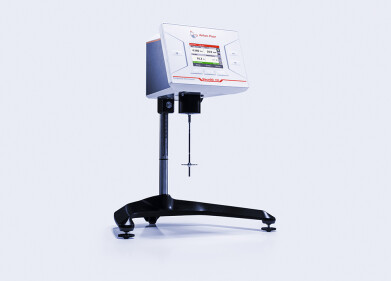Analytical instrumentation
Can Oil Companies Work Remotely?
Sep 05 2020
The coronavirus pandemic has reshaped the way the world works, with recent data from the Office for National Statistics revealing 49% of people worked from home between June 7 and 14. The oil and gas industry hasn’t sidestepped the new trend, with an increasing number of companies adopting remote working models as the pandemic continues to remodel the energy sector. The biggest change has been the fast-tracked adoption of remote drilling and fracking technologies. In the face of thousands of job cuts and redundancies, the new technologies have allowed the oil and gas industry to permanently reimagine its workforce.
Oil and gas giants adopt remote technologies
Baker Hughes Co, Schlumberger Ltd and Halliburton Co, three of the biggest oil-field service providers in the world, have been quick to adopt the new technologies. Over the past few months an increasing number of tasks that would usually be carried out by on-site drilling specialists are now being transferred to remote engineers. Most carry out the work from offices, though in the height of lockdown many were operating from home.
For the energy giants, the pivot towards remote working is part of a transition towards a leaner fracking industry in the United States. Now, rather than send on-site specialists to interpret well data or steer drills, companies are outsourcing the work to remote employees. Not only does this minimise the public health risk, it also reduces costs.
“It’s been an eye-opening experience for a lot of executives working from home,” said Eric Carre, Exec VP of Global Business Lines at Halliburton Co, in an interview with the Wall Street Journal. The pandemic has forced companies such as Halliburton to rethink the way its employees work. Ultimately, decision makers like Carre have realised that working remotely “isn’t as challenging as it looks.”
Change on the horizon for energy industry
US oil and gas titan Chevron Corp is another company that’s embraced offsite working, assigning a Houston-based team to support directional drilling in the Permian Basin. According to remote operation centre manager Jeff Newhook, communication and decision making has never been better, with technologies such as Microsoft Teams helping to simulate a real-life environment.
“In the oil-and-gas industry, we tend to be hesitant to change,” says Newhook. “We see a lot of change coming in right now.”
The COVID-19 pandemic isn’t the only thing reshaping the oil and gas industry, with the rapid adoption of electric vehicles forcing the sector to transition towards a ‘new normal.’ To find out more about what’s ahead, don’t miss ‘The need for dedicated lubricants following heightened demand for electric vehicles.’
Digital Edition
PIN 25.6 Buyers' Guide
January 2025
Buyers' Guide Directory - Product Listings by Category - Suppliers Listings (A-Z) Articles Analytical Instrumentation - ASTM D7042: The Quantum Leap in Viscosity Testing Technology -...
View all digital editions
Events
Jan 20 2025 San Diego, CA, USA
Jan 22 2025 Tokyo, Japan
Jan 25 2025 San Diego, CA, USA
SPE Hydraulic Fracturing Technology Conference and Exhibition
Feb 04 2025 The Woodlands, TX, USA
Feb 05 2025 Guangzhou, China



















